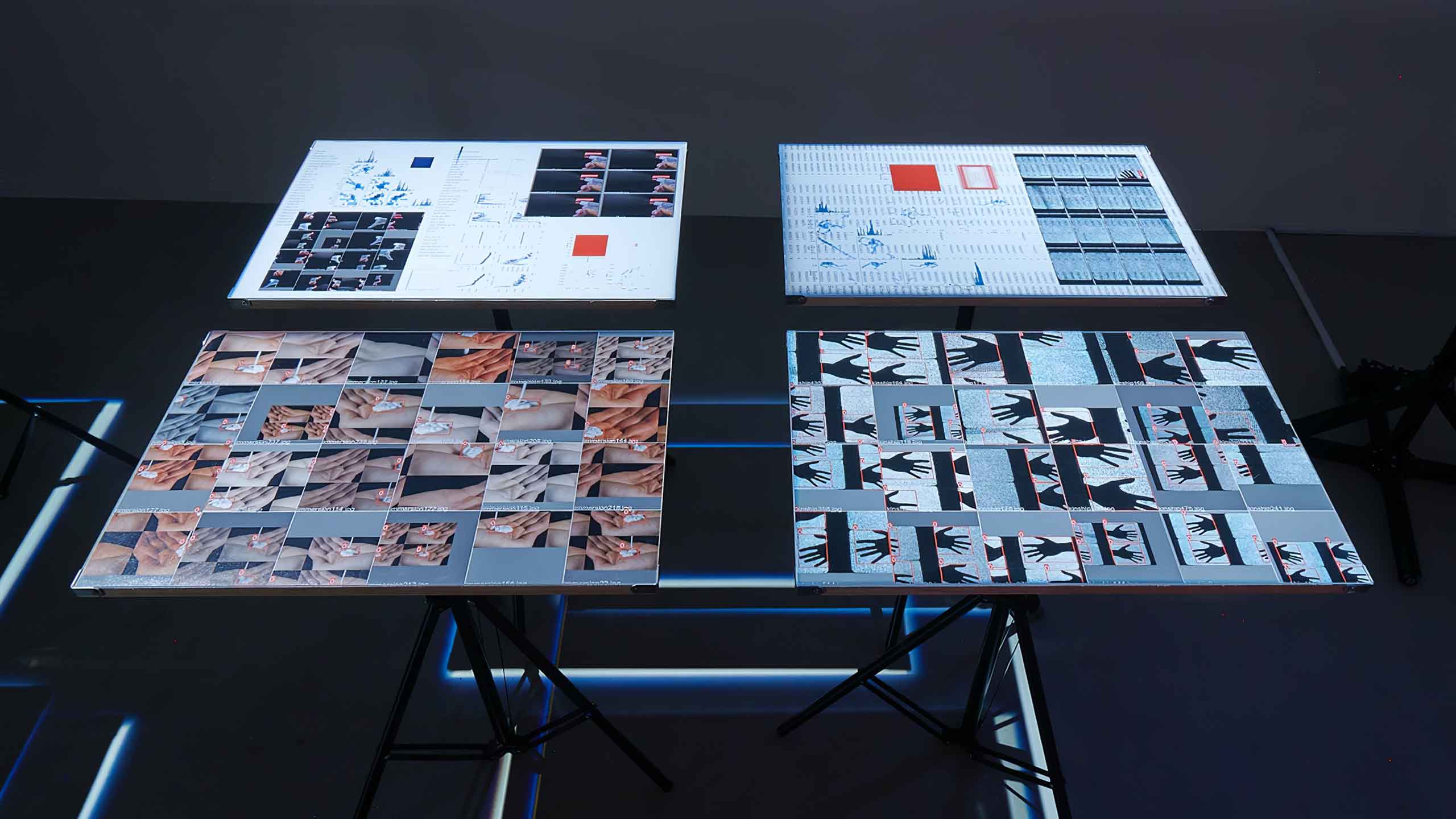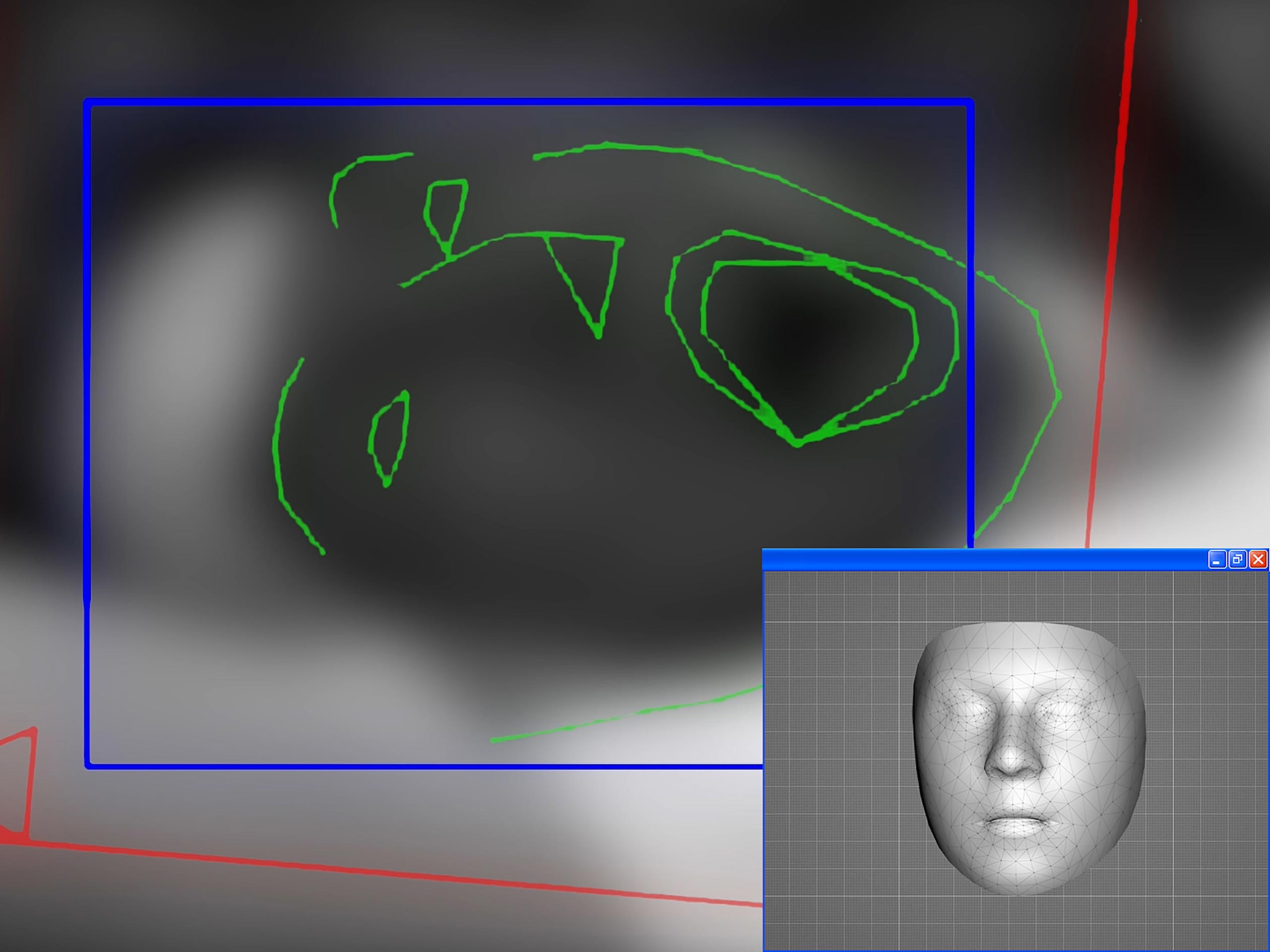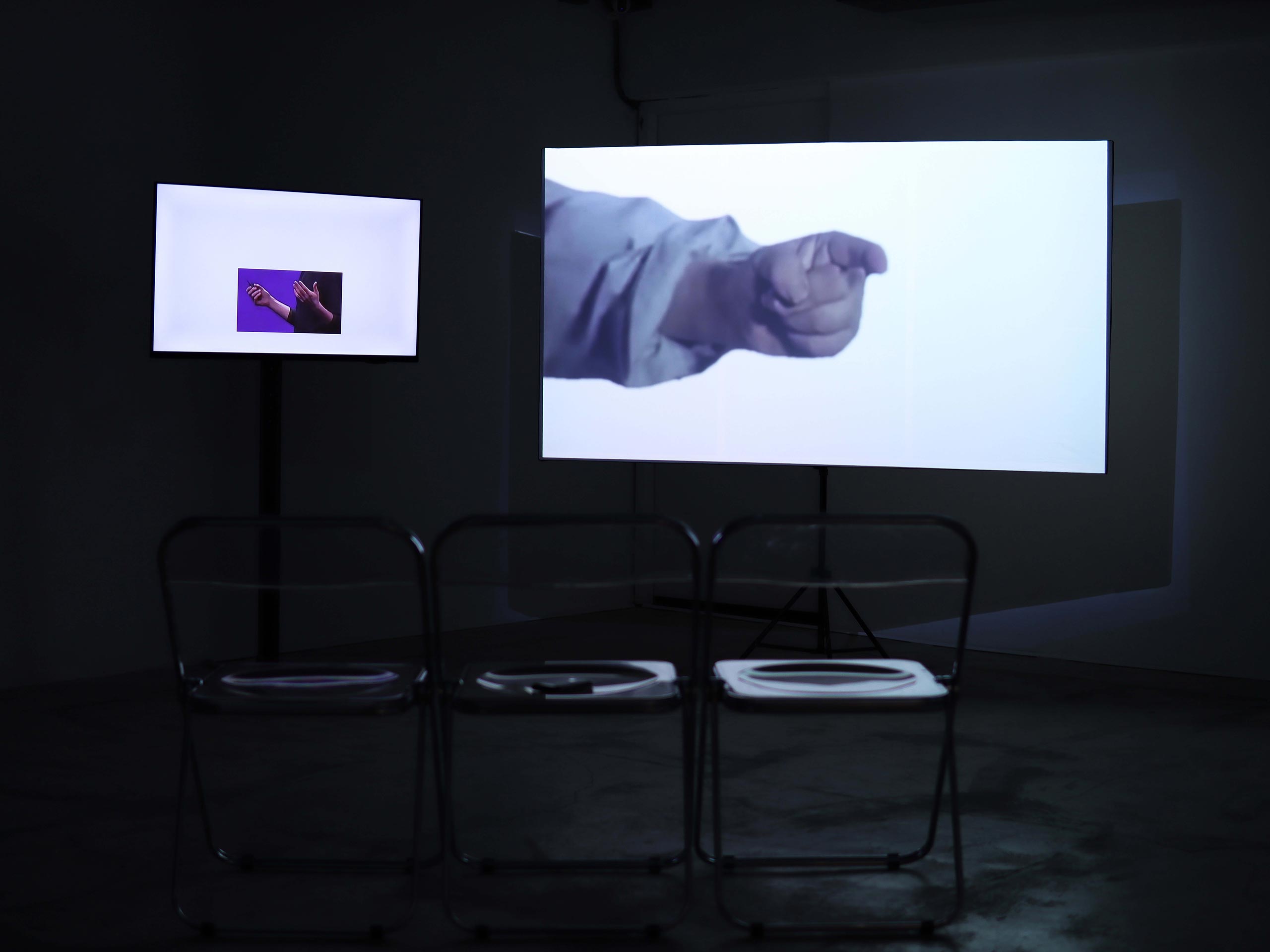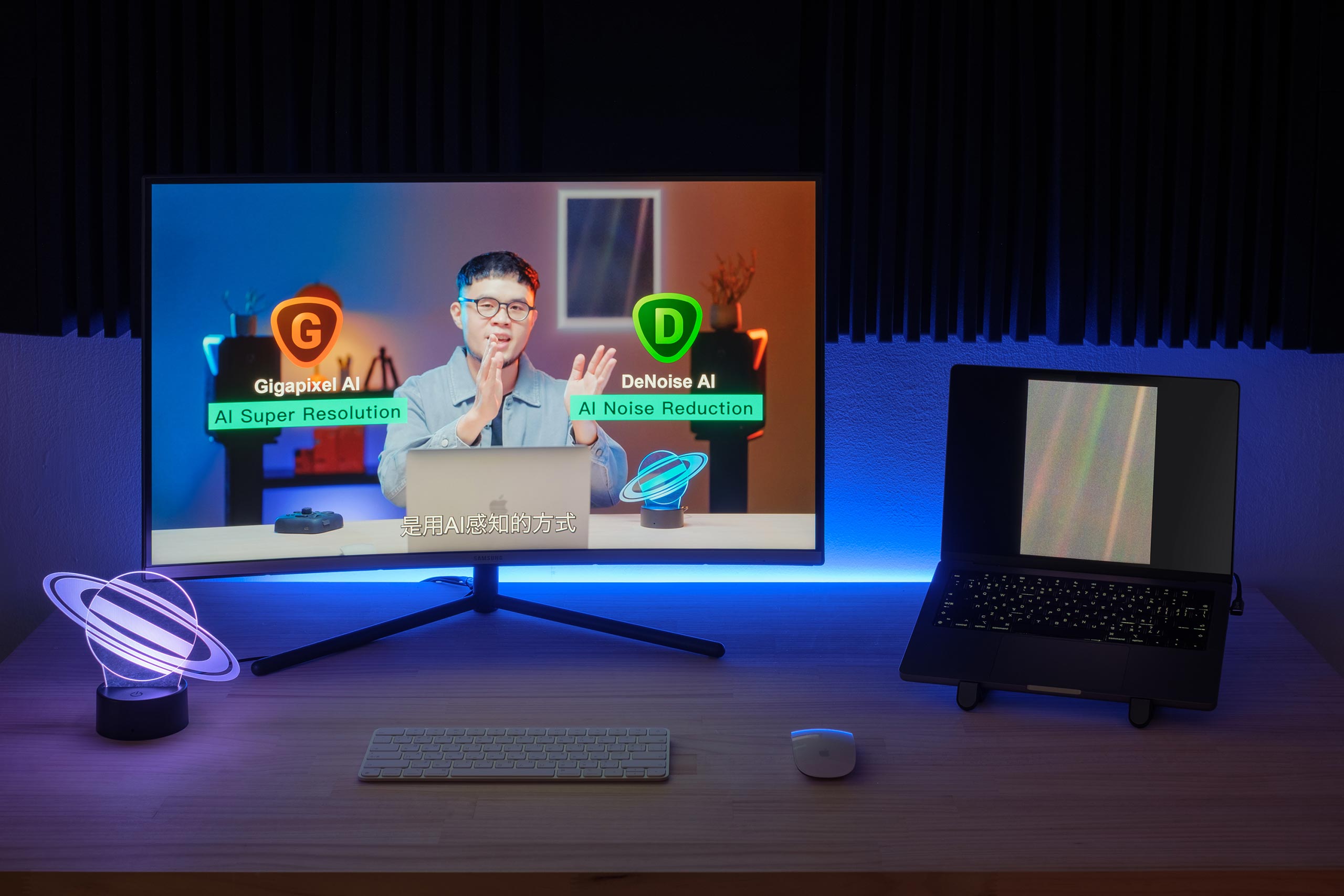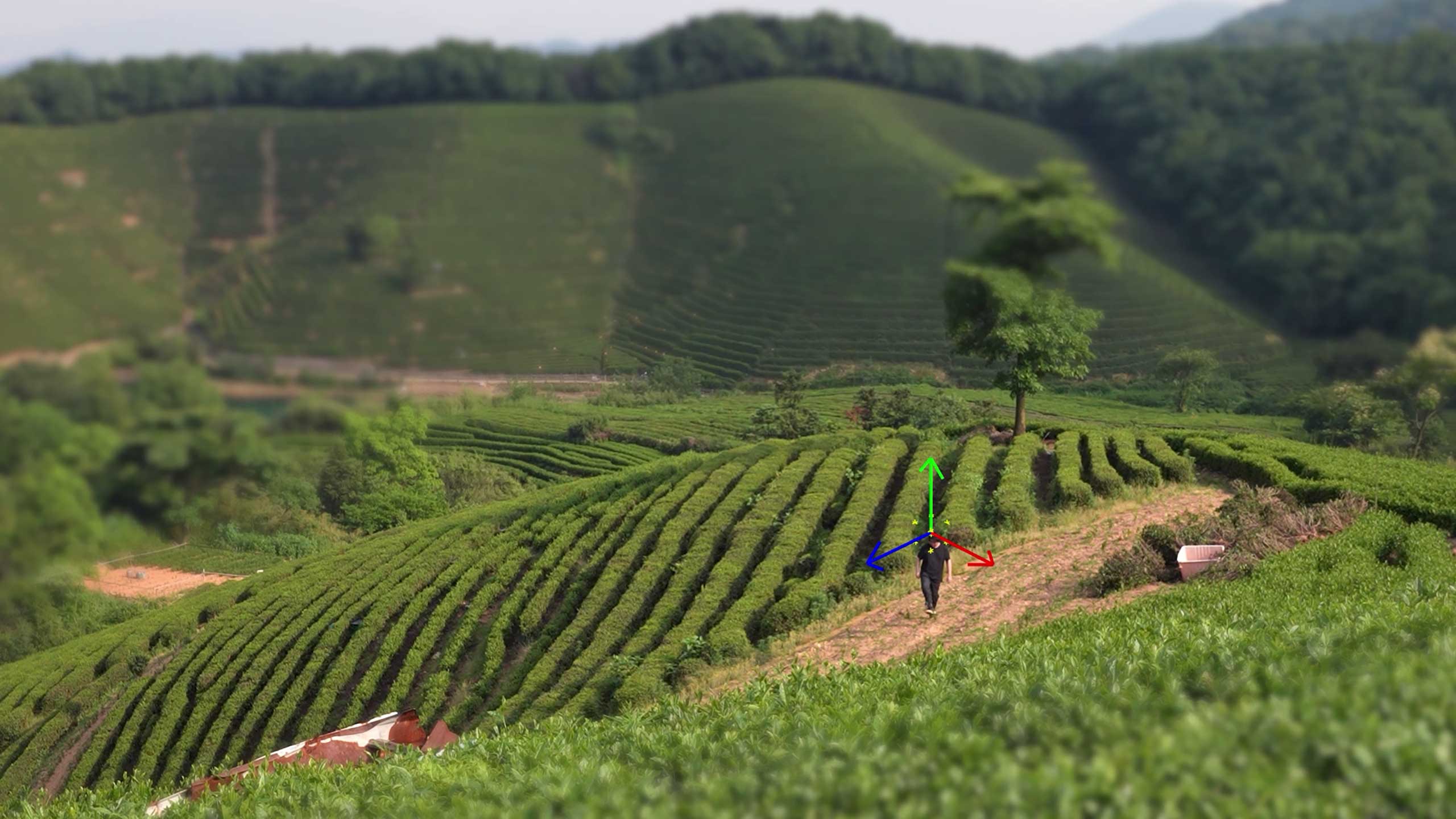Statement
By Curator Hsiang-Wen CHEN
Since classical antiquity, the art of painting has aimed to represent reality. With the development of modern technology tools, we now move the battlefield of reality representation to the computer, endeavoring to use graphic softwares to create a virtual world that is almost identical to the real world. However, modern people rely heavily on cloud computing and social networks in their life. Now, with the technological maturation of AI and automatic generation programs, we have been living in the two worlds that are both named “reality.”
A giant, invisible pair of hands is pushing the capital world forward. Every log-in and action in the social networks and the gaming world is an accumulation of immaterial labor. We are providing labor while feeling enjoyed and entertained. In this massive production chain, people learn similar languages and aesthetics, mingling with like-minded others to obtain a sense of security. They fear being ostracized for saying something wrong or not acting in line with the aesthetic mainstream. However, when we feel being identified with, perhaps it is just that the big data computing has given us a “more proper” response. Anonymity, assimilation, and the disappearance of impurities have become a contemporary crisis. When we increasingly depend on AI to assist us with work and daily life, the relationship between humans and computer programs has become rigid and conditioned.
In the movie Free Guy (2021), the protagonist Guy is a non-player character (NPC) in an open-world game. Guy has lived a repetitive life, playing the role of a bank clerk with other NPCs as part of the basic setting supporting the game. However, one day Guy develops his own awareness. He begins to interact with players logging in from outside and initiates a gaming revolution. Each of us is a Guy. We diligently play our own roles in the real world or on the Internet, to ensure that everything goes by default.
A civilization takes events and revolutions to grow, much as mutation is needed for the evolution of life. To make sure we exist, it seems the moment of finding “errors” is the only way for us to realize our agency as human beings. In the screening program, three Taiwanese artists have presented four works, while another three works have been selected via a call for submissions. These videos examine the relationship between technology tools and life, and the limit/boundary of tools from different perspectives, as well as explore the definition of self through the experience of a video game player.
Venue
Digital Art Center, Taipei


